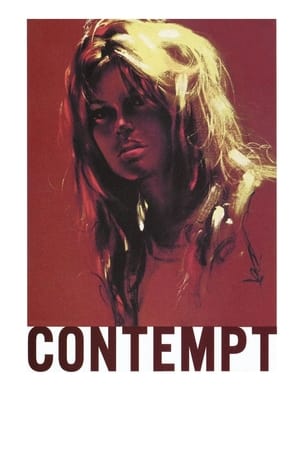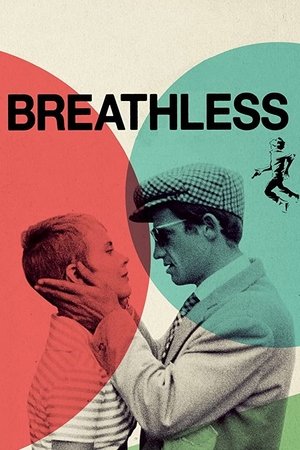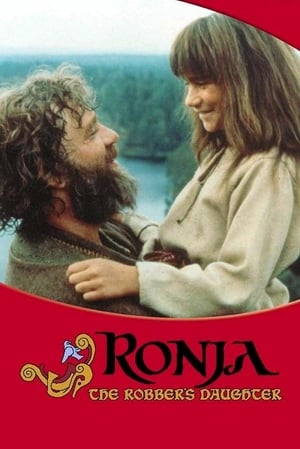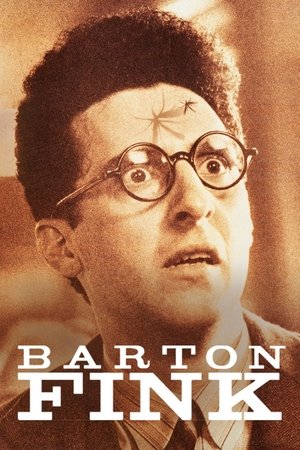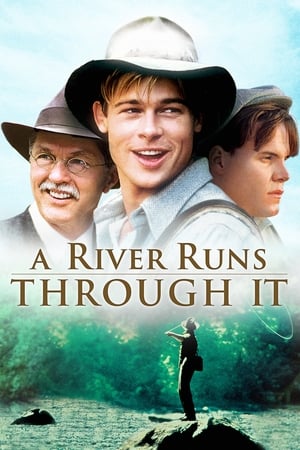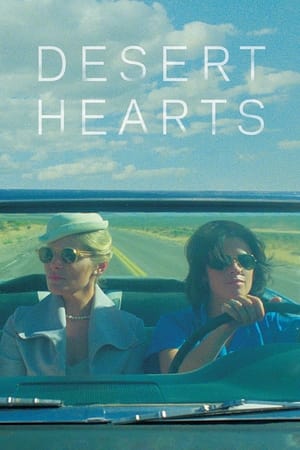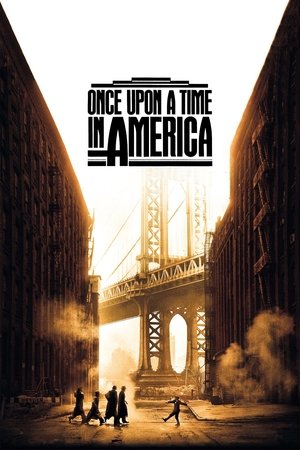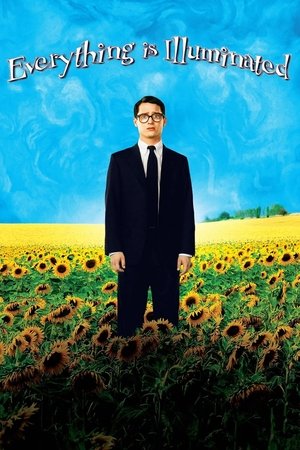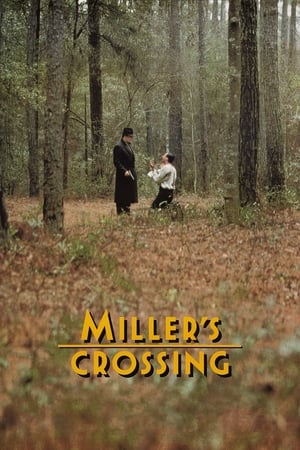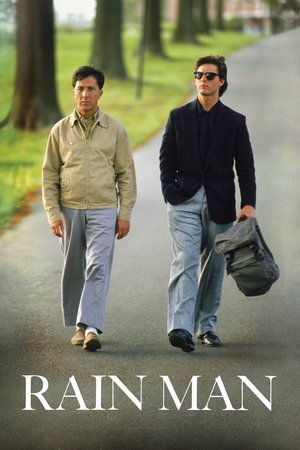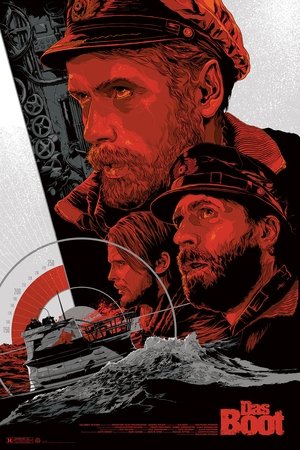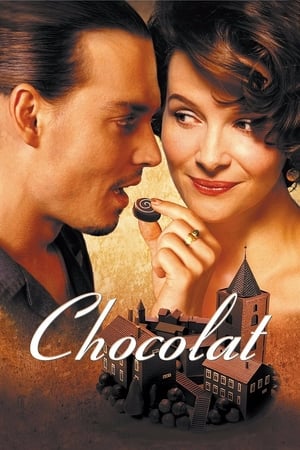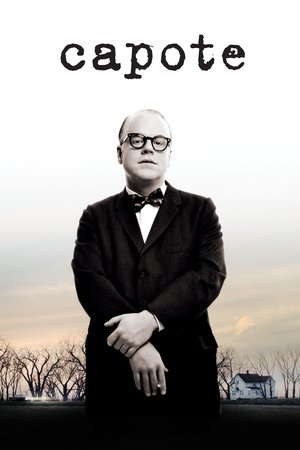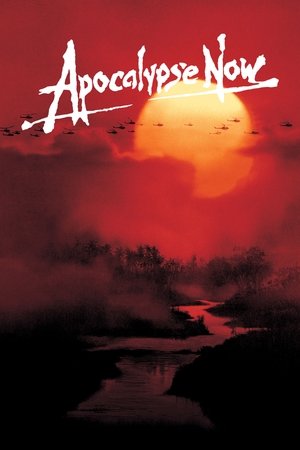Overview
New York Times reporter Sydney Schanberg is on assignment covering the Cambodian Civil War, with the help of local interpreter Dith Pran and American photojournalist Al Rockoff. When the U.S. Army pulls out amid escalating violence, Schanberg makes exit arrangements for Pran and his family. Pran, however, tells Schanberg he intends to stay in Cambodia to help cover the unfolding story — a decision he may regret as the Khmer Rouge rebels move in.
Reviews
Sam Waterston is New York Times journalist Sydney Schanberg on post in Cambodia as the civil war comes to it's violent, cruel conclusion. Working with local journalist Dith Pran (Haing S. Ngor) they report on the rapidly deteriorating situation. When the American forces evacuate, Pran manages to get his family to safety but he can't leave himself and so Schanberg dedicates himself to the task of extricating his friend from the clutches of the brutal Pol Pot regime in the course of which he discovers just how extensive the "Year Zero" campaign that killed hundreds of thousands of the largely peaceful, agrarian population is. Roland Joffé has never made a better film; the poignancy with which he elicits loyalty and affection from the two principals, whilst at the same time pushing home the true horrors of the behaviour of the new government makes the hairs on the back of your neck stand up- even now, 35 years later. The visions of skull strewn paddy fields coupled with a splendidly evocative score from Mike Oldfield really do hit home. The dialogue very much takes second place to that imagery; our eyes and ears do much of their own work with a sensitive, but really quite minimal guide from Bruce Robinson's screenplay. That's not a criticism; it's precisely nuanced to allow the story to breathe and develop in a truly engrossing manner that made me want to follow up. As an aside, having been to Cambodia in 2019, it is astonishing how this nation has healed after such a ghastly period in it's history, and I wonder how much that reconciliation had to do with the depiction in this film of just how horrific war can be.
**A remarkable film that deserves to be viewed and that recalls a barbaric moment in the history of a country.**
When there's a war, there's bound to be a film about what happened during that same war. Human conflicts have always fueled the film industry. It's something instinctive, we are attracted to the horror of carnage at the same time that we feel guilty about it, and we get tired of condemning violence and cruelty. I think that only those who have lived through a war have the ability to overcome this paradox, not only because of the memories evoked, sometimes traumatic, but also because of the awareness that there is nothing truly beautiful about this.
What happened in Cambodia (and Rwanda, Bosnia and other countries) was much worse than a war. It was a genocide, a crime against humanity carried out due to the political fanaticism of a small group of “men” who tried to impose their own vision of the world and kill anyone who disagreed. What this film does is give us a flavor of what happened, bringing us the true (obviously fictionalized) story of a Cambodian journalist who, in 1973, saved the lives of a group of colleagues from the West, but ended up being left behind. behind, imprisoned in a Cambodian prison camp.
I think I wouldn't be incorrect if I said that, considering the documentaries I've seen on the subject, the film shows a very light and attenuated view of the cruelties that happened there at the time. Roland Joffé balanced it well, giving the film a raw realism without making it excessively graphic, and focusing on the emotional charge, on the emotions that everything can awaken in the audience. We don't need to see more than what we see to feel the pain of those people and the fear they went through.
Sam Waterston does an interesting job as an American journalist who desperately tries to find the man to whom he feels he owes his life. Julian Sands and John Malkovich also appear, but they don't have much time or material to stand out, limiting themselves to what they can do. Who is in the spotlight, with all merit, is Haing S. Ngor, a Cambodian actor who gave life to the central character of this story and who knew very well the horror that his country had gone through: he himself had seen the realities that he interpreted as actor, and had been a prisoner of the Khmer Rouge. Therefore, there is a painful load of realism in his interpretation that permeates the screen and reaches us, and to which we cannot and cannot remain indifferent.
Technically, the film is perfect: filmed mostly in Thailand, it makes good use of the settings and creates something we can believe in. The sets and costumes are the most realistic there is, and the cinematography is a bit reminiscent of those old war films in Vietnam. There are good special effects and some anthology-worthy scenes, such as the one that shows us the prison camps and the “brainwashing” that their captors were subject to force. The soundtrack is not always effective, sometimes it sounds excessively melodramatic, but it is the only drawback to a remarkable production, which deserves to be seen, again and again.
**_When a Southeast Asian country decides to reset to Year Zero_**
Just after the USA withdraws from Vietnam, the Khmer Rouge overtakes Phnom Penh in April, 1975 as an American journalist (Sam Waterston) is forced to leave his Cambodian buddy behind (Haing S. Ngor). The latter has no choice but to endure Pol Pot’s genocide over the next 3.5 years.
“The Killing Fields” (1984/1985) is a harrowing docudrama based on the true story. It’s the furthest thing from a fun flick, but it effectively takes you back to the Cambodian holocaust and provides a good idea of what went down. It’s the furthest thing from a conventional war flick, so stay away if that’s what you want.
The best part is Dith Pran’s mind-blowing experiences after his American buddies depart, but that doesn’t occur until an hour and 28 minutes into the film, which reveals the weakness of the production: There’s too much padding in the prior section. For instance, a dozen minutes is blown on a sequence at the French embassy concerning making a fraudulent passport for Pran, which turned out to be irrelevant anyway. Cutting 20 minutes from the runtime would’ve worked wonders.
I should add that John Malkovich, Julian Sands and Craig T. Nelson appear in peripheral roles. It’s interesting to see them when they were younger.
It runs 2 hours, 21 minutes, and was primarily shot in Thailand.
GRADE: B

 142 min
142 min
 7.458
7.458
 1984
1984
 United Kingdom
United Kingdom
 CinemaSerf wrote:
CinemaSerf wrote: